In a bold move to secure its position in the intensifying race for artificial intelligence (AI) dominance, OpenAI announced plans to restructure its corporate framework. The ChatGPT creator will transition its for-profit arm into a Delaware-based public benefit corporation (PBC), aligning with similar structures adopted by competitors such as Anthropic and xAI. This strategic shift aims to attract greater investments and facilitate the expensive pursuit of artificial general intelligence (AGI) — AI that exceeds human cognitive capabilities.
From Nonprofit to For-Profit: A Necessary Evolution
OpenAI, which began as a nonprofit in 2015, took a significant turn in 2019 by establishing a for-profit entity to address the growing financial demands of AI development. However, as the scale of investment required continues to skyrocket, the company is once again evolving. “We once again need to raise more capital than we’d imagined,” OpenAI noted in a blog post, highlighting the necessity for conventional equity to meet investor expectations.
The restructured PBC will balance societal benefits alongside shareholder interests, marking a critical step in OpenAI’s mission to remain competitive. The nonprofit parent will retain a “significant interest” in the PBC, holding shares valued by independent financial advisers. OpenAI’s nonprofit arm is set to become one of the most well-resourced organizations in history, bolstered by this transformation.
High Stakes and Challenges Ahead
OpenAI’s plans follow a $6.6 billion funding round that valued the company at $157 billion. The round’s success hinged on the organization’s ability to overhaul its corporate structure and remove investor profit caps within two years. By adopting the PBC model, OpenAI hopes to reassure investors while remaining true to its mission of advancing AI for public good.
However, the restructuring is not without controversy. Critics question whether the PBC model can genuinely prioritize public benefit over profit. Legal experts note that while the status requires boards to balance mission and profit, enforcement mechanisms are limited, leaving actual control in the hands of shareholders.
Growing Rivalry in AI Investments
The restructuring also reflects the intense competition in the AI sector. Rivals like Anthropic, which secured $4 billion from Amazon in October, and xAI, Elon Musk’s AI venture with $6 billion in recent funding, have adopted similar structures. OpenAI’s transition positions it alongside these companies in the race to develop groundbreaking AI technologies.
Legal Disputes and Industry Pushback
OpenAI’s restructuring has sparked legal and industry resistance. Co-founder and critic Elon Musk has filed a lawsuit alleging the company prioritizes profit over public good, violating its foundational principles. Additionally, Meta Platforms has urged California’s attorney general to block OpenAI’s conversion to a for-profit entity, citing concerns about the implications for the AI landscape.
Balancing Mission and Profit
As OpenAI navigates these challenges, the industry will closely watch how the PBC model affects its operations and mission. While the declaration of public benefit intentions signals a commitment to societal good, corporate governance experts caution that the ultimate direction will depend on shareholder influence and board decisions.
With AI development now requiring billions of dollars in investments, OpenAI’s restructuring represents a calculated gamble to secure its future. Whether it succeeds in balancing innovation, societal impact, and profitability remains a pivotal question as the AI arms race accelerates.




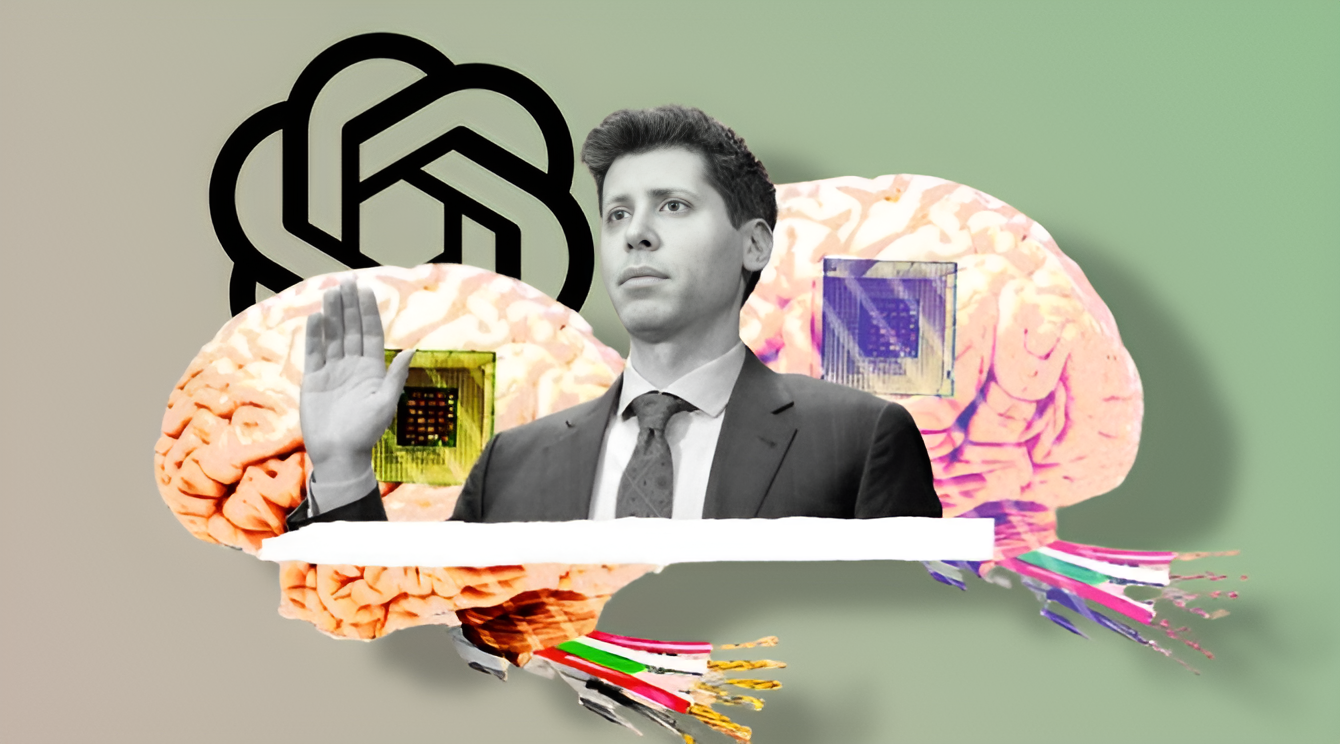


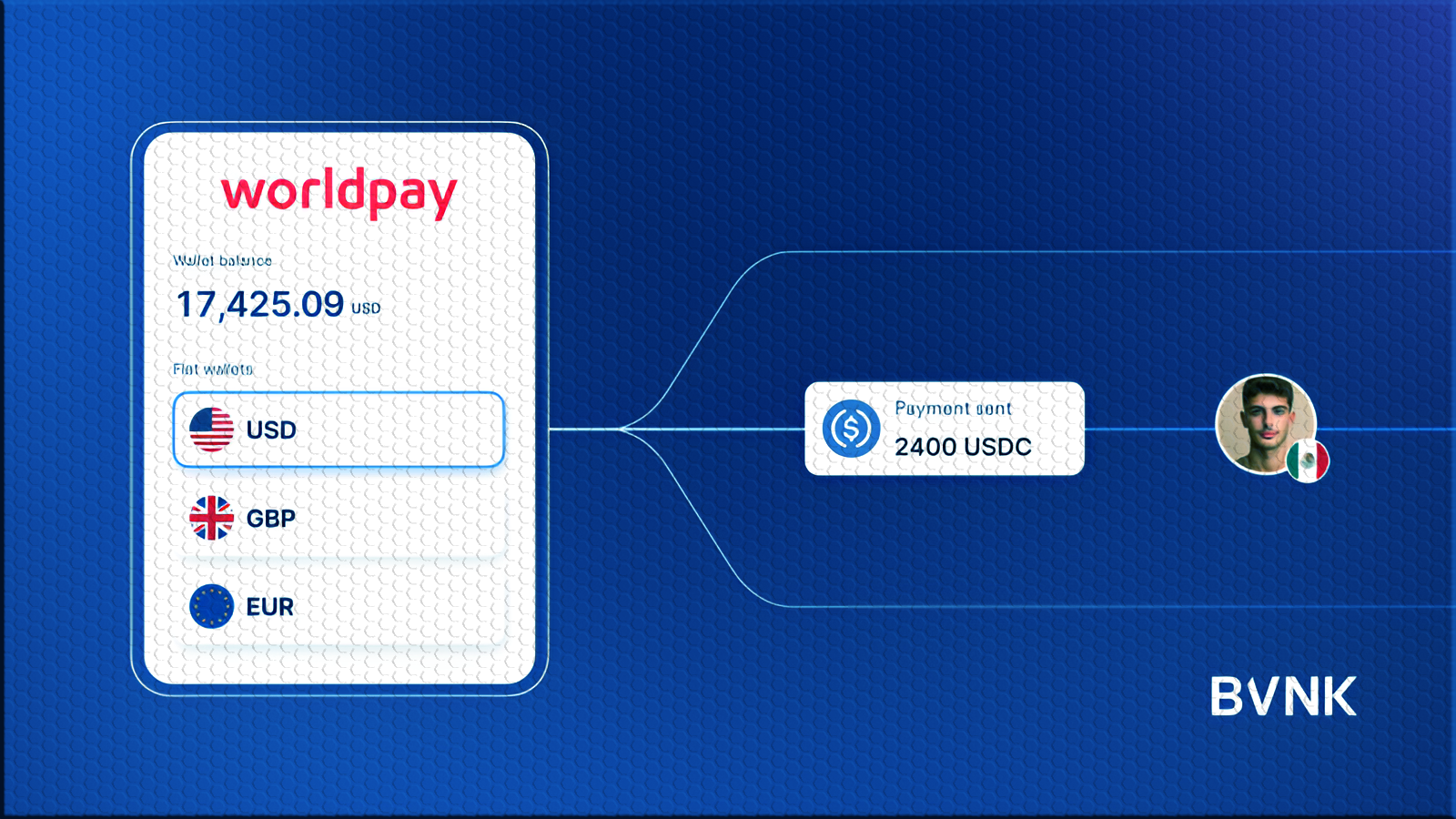

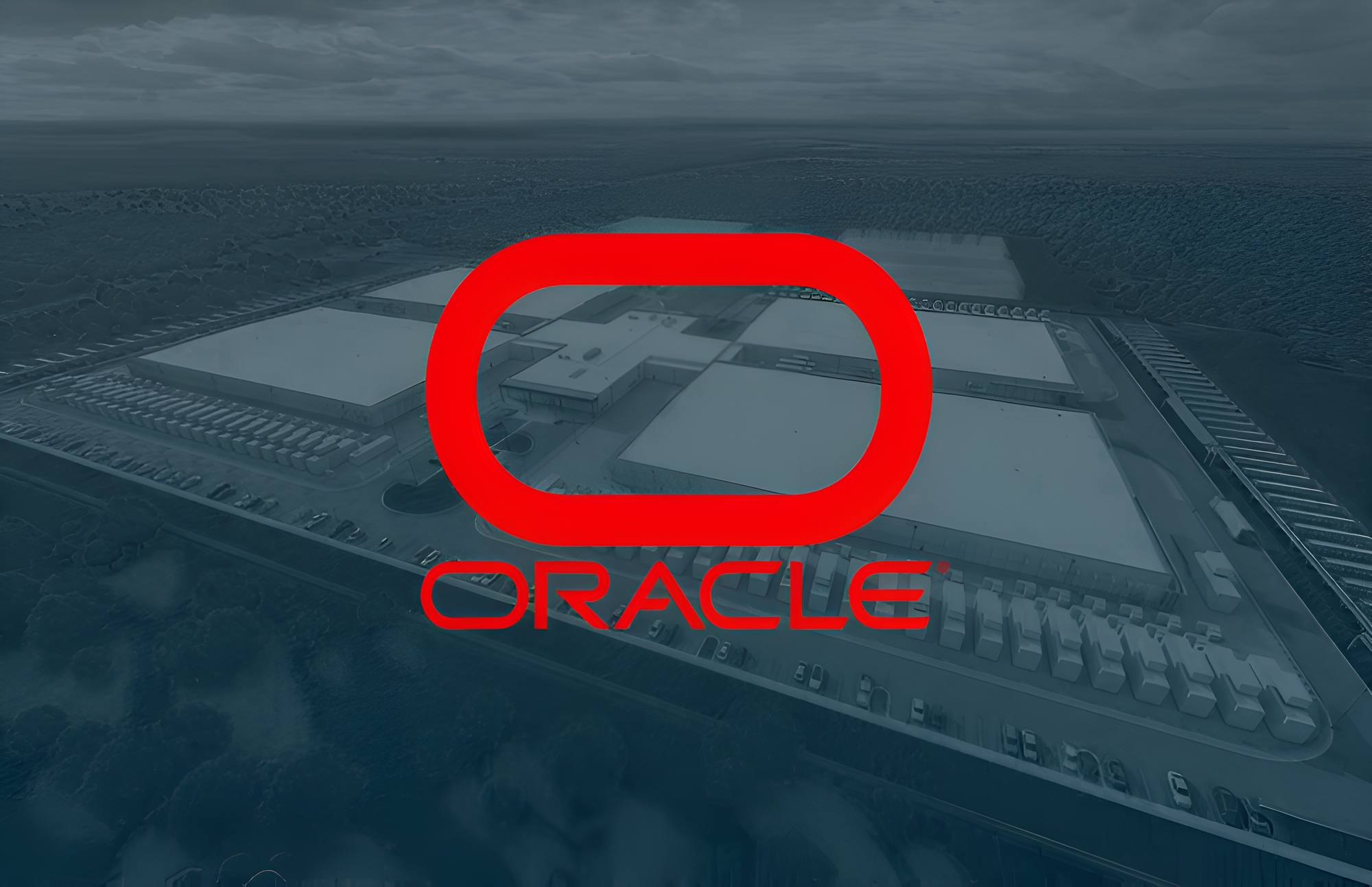


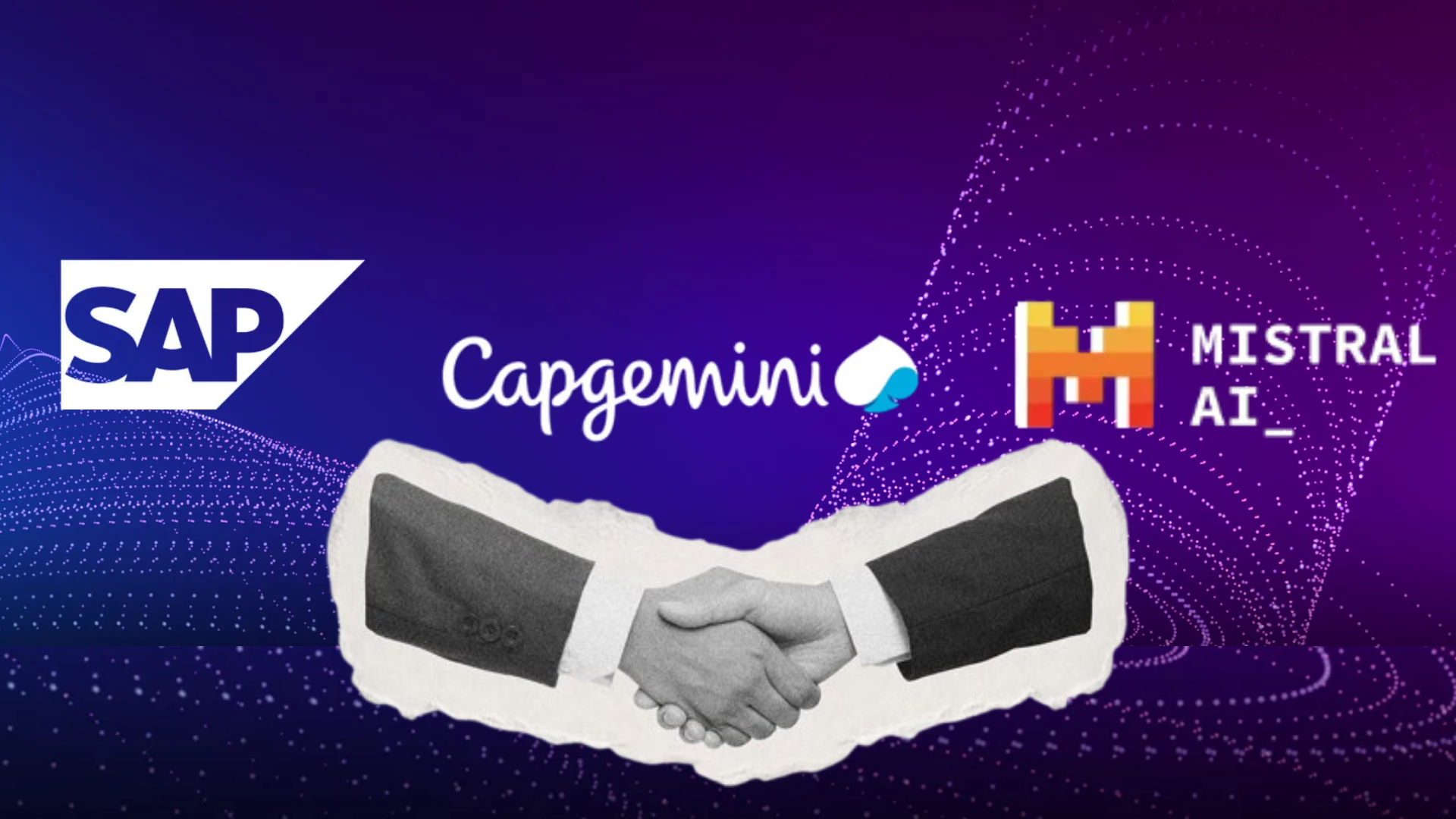
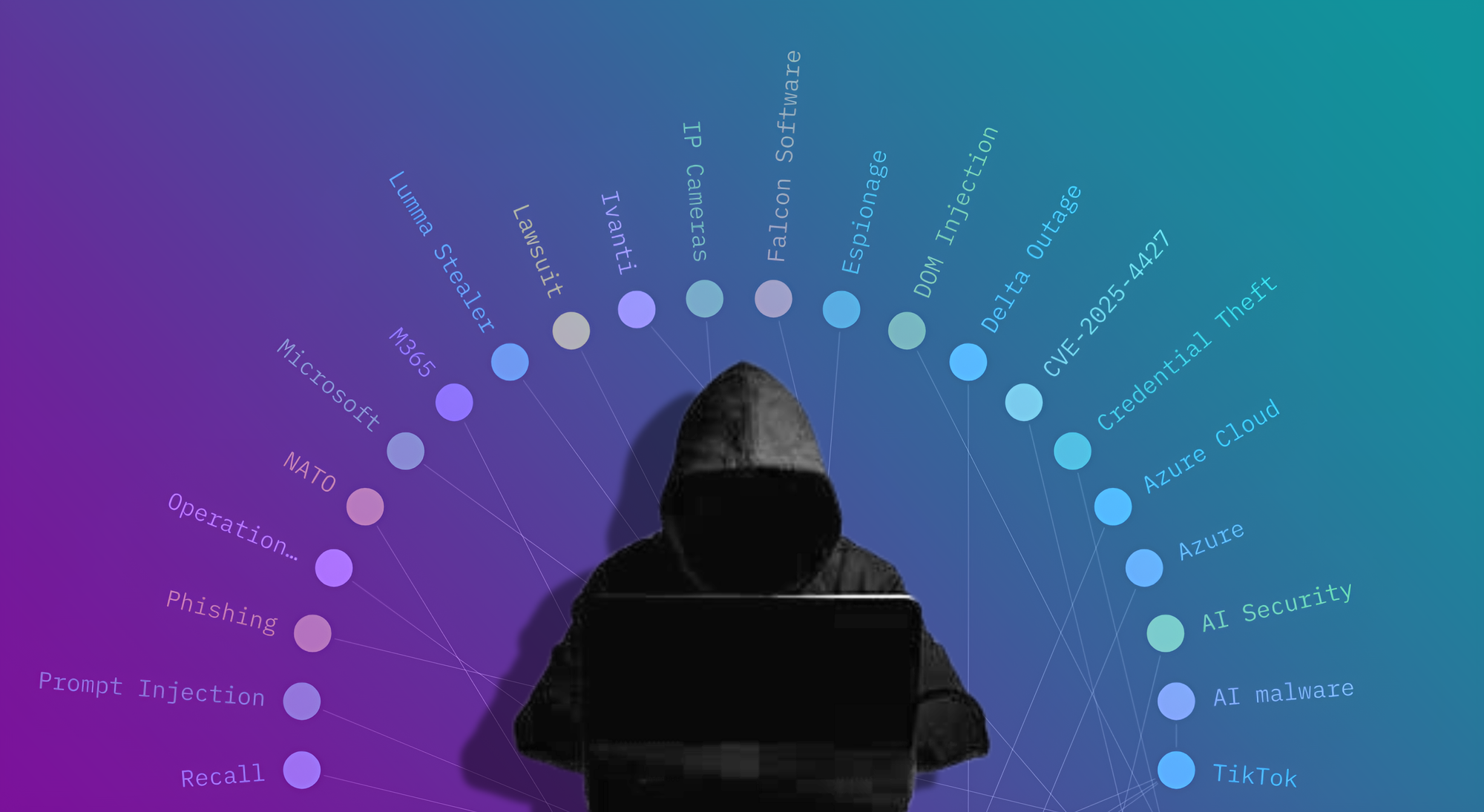

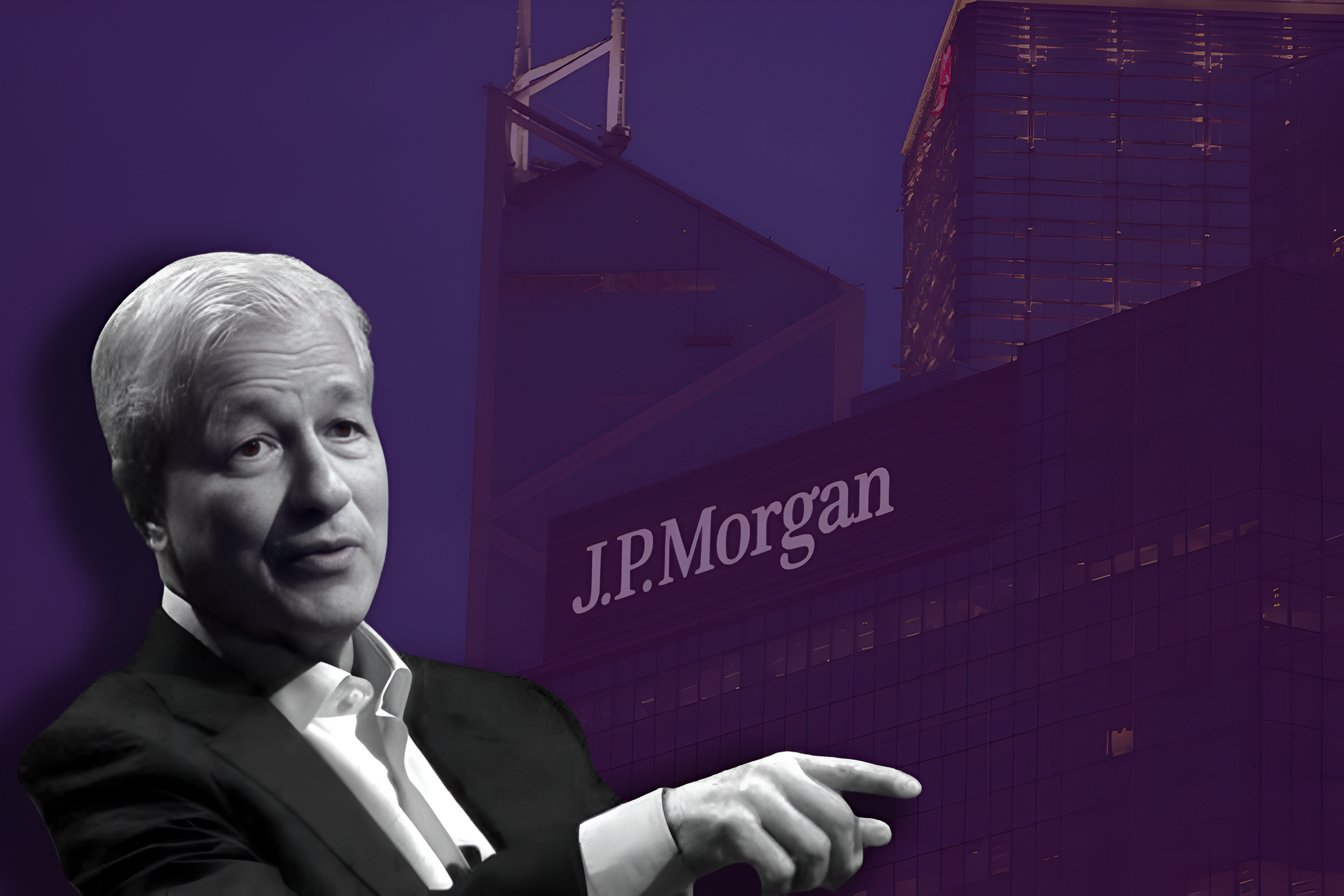

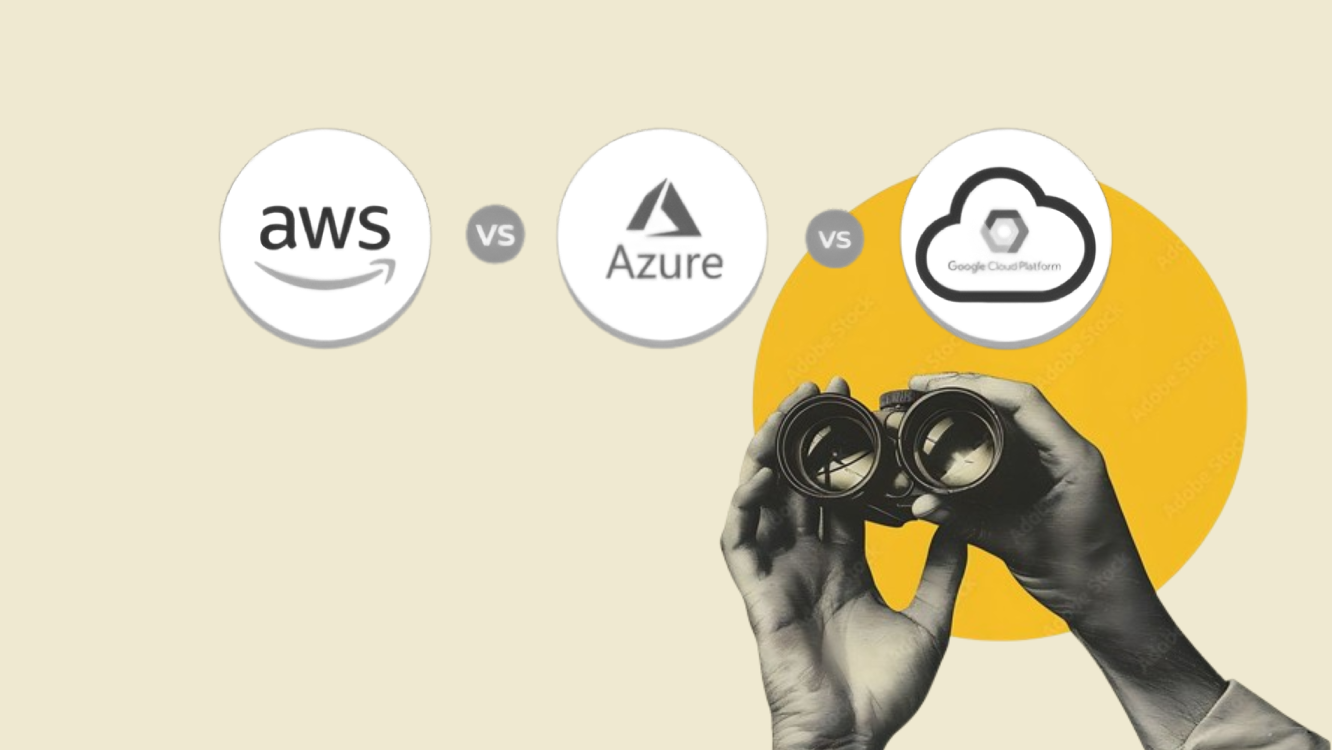
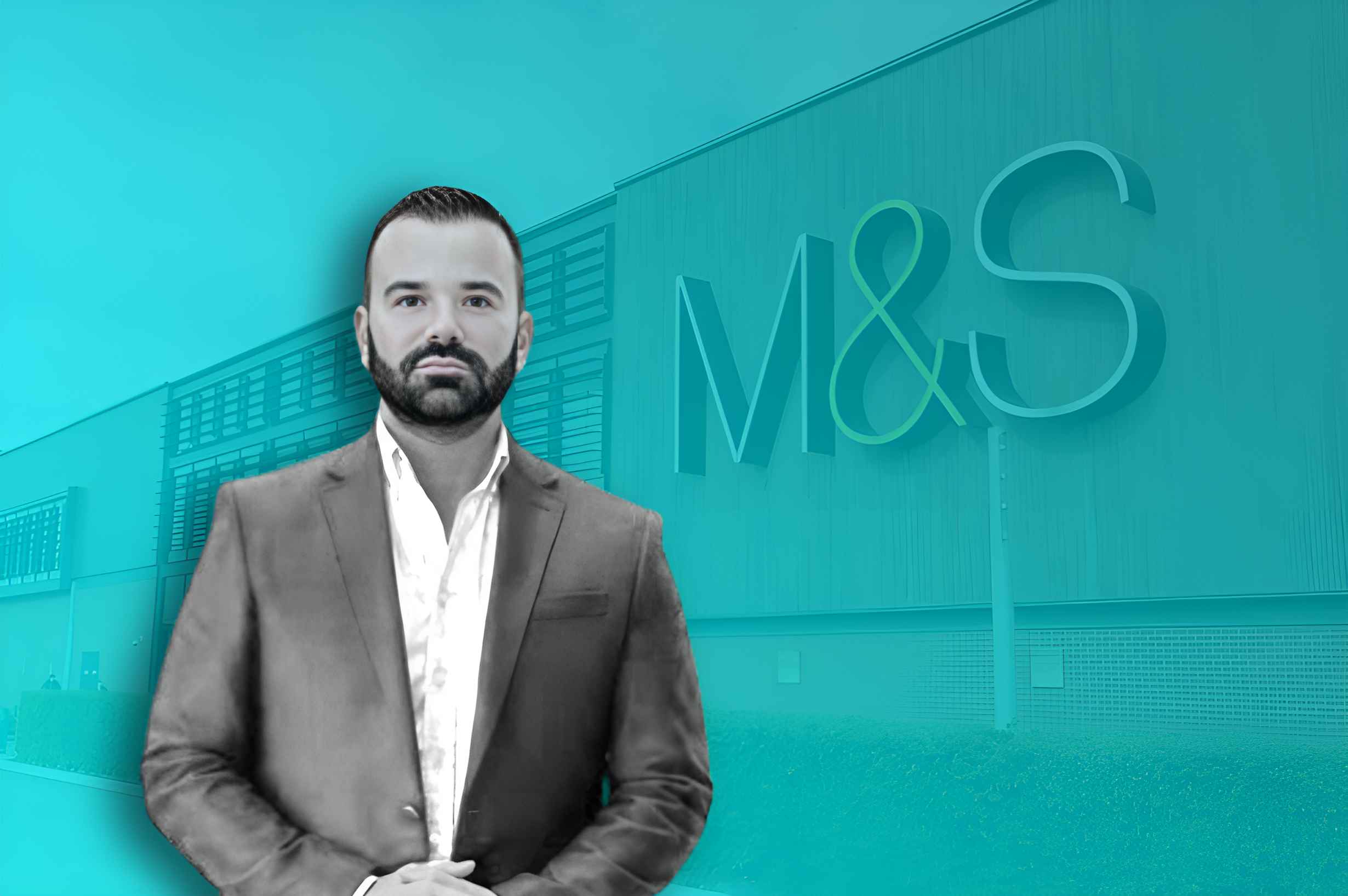
Discussion